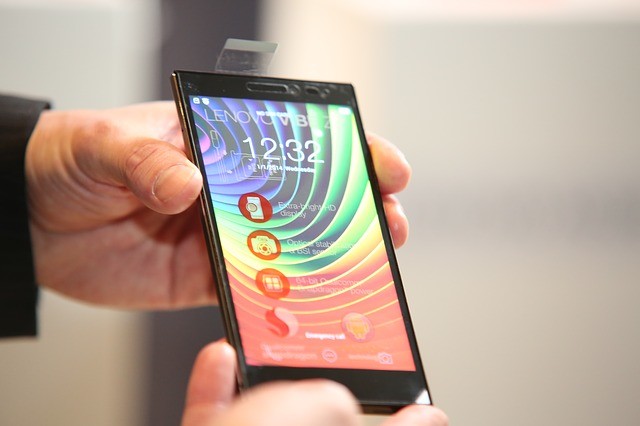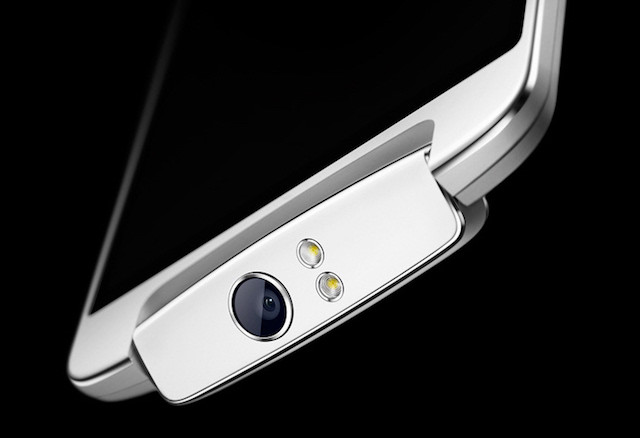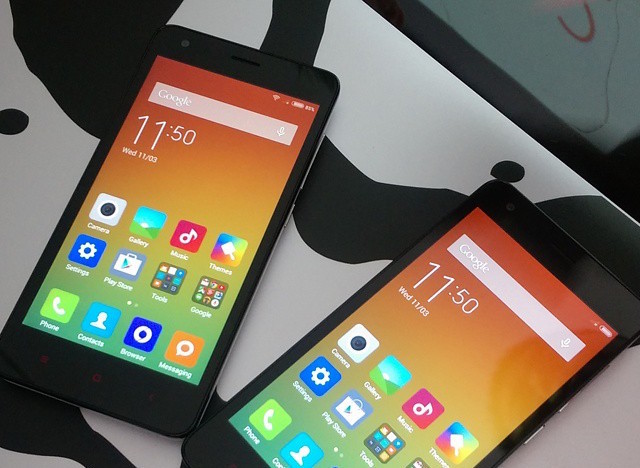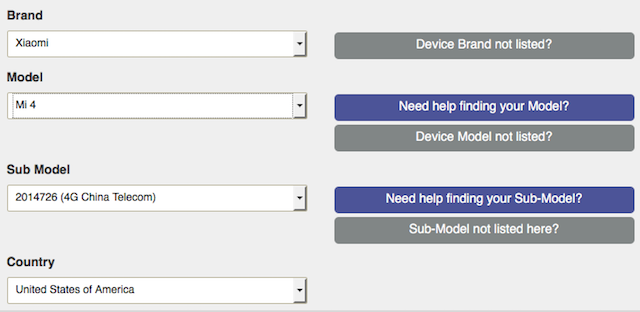

When you want to buy a new Android phone, you’ll see a lot of options on Amazon and other retailers from companies you haven’t heard of before. Till a few years back, we would have told you to avoid these cheap Chinese imports. But you’d be a fool to blindly ignore them now.
Why should you buy a Chinese phone? These handsets are usually packed with specifications that make them seem cheap and like a great deal compared to bigger companies. The same hardware will cost a lot more on a phone made by Samsung or HTC, for instance. The Wall Street Journal went ga-ga over a Chinese phone and lamented its unavailability in the US. Suffice to say, cheap Android devices beat flagships for several reasons.
Chinese handsets have a hangover effect. Till a couple of years ago, cheaper Androids meant poor quality. But because of Moore’s Law and changing economics, the cheap handsets you get now are actually pretty good. I’ve personally used several of them, and I can no longer justify spending more money on a Samsung, LG, or equivalent big company when I can get a Lenovo, Xiaomi, or Oppo instead.

The “Made in China” tag ends up being a deterrent for lots of people. Newsflash: Every smartphone you buy is almost certainly made in China. From Apple’s iPhone to the low-cost Moto E, every handset is manufactured there.
But not everyone’s problem is with the actual manufacturing itself. “Chinese electronics” have suffered from the perception of low-quality, cheap products. And while that perception is slowly changing, reality has outpaced opinion. There are plenty of great quality electronics that originate in China, and you’re only missing out if you don’t take them seriously.
For just one example, take a look at OnePlus. The OnePlus One, OnePlus Two, and the OnePlus X got good reviews from everyone. It’s a phone that several tech enthusiasts, influencers, and reviewers recommend wholeheartedly. But it is entirely a Chinese company. You’d be crazy to ignore the OnePlus just because it’s Chinese.
So really, get over the “Made in China” bias. It’s not doing you any favors.

The other big point raised against Chinese phones is that they’re cheap knockoffs. A large part of this is because of the Apple vs. Samsung battle, but again, some of it is historical. Initially in the Android race, Chinese smartphone makers did shamelessly copy and lift popular designs. Even today, several parties are guilty of that. But to write off all Chinese phone makers because of that is completely unfair.
For example, the Oppo N1, launched in 2013, featured the world’s first rotating camera on a smartphone. It was an engineering feat, designed for those who love to take selfies. The new Gionee Marathon M5 packs two batteries into a single phone without making it too bulky for incredible battery life. Chinese phone makers are constantly innovating now, even though Xiaomi’s CEO says “wow” moments won’t happen for five years.
More importantly, as a consumer, it doesn’t matter who invented things. Heck, Apple didn’t invent as much as you think it did. Stop worrying about who first developed something and focus on the best product right now.

For the longest time, Chinese phones from Huawei, Xiaomi and others were suspected to be secretly transmitting user data to servers in China. The companies have repeatedly denied this, and the NSA has been accused of counter-spying too. In turn, China is imposing security demands on US companies.
The sad part is that it’s almost impossible to be 100% sure that the companies aren’t spying on you, or whether you are any safer by using a non-Chinese phone. After all, we already know that even interest in privacy puts you on the NSA’s watchlist.
Look, when it comes to avoiding Internet surveillance on your phones, security experts keep contradicting each other every few months. That’s not to say that you shouldn’t be alert, but that using a Chinese phone doesn’t seem to be any more dangerous than using a phone from any other country.
If you’re ready to take the plunge and buy a Chinese phone, it’s not as simple as just logging on to Amazon and picking up the first one you see. There are still a few things you should consider so that you get a great phone.


Have you bought an Android phone in the past year from one of the well-known Chinese manufacturers like Lenovo, Huawei, Xiaomi, Meizu, or OnePlus? What has your experience been like? Would you recommend Chinese phones to others? Let us know in the comments!
Image credits: Vernon Chan / Flickr




 Until Dawn Guide - How to Find all the Twins Clues
Until Dawn Guide - How to Find all the Twins Clues Fallout 4: How to Kill Humans and Raiders
Fallout 4: How to Kill Humans and Raiders 2 Networking Command Line Tools Everyone Should Know
2 Networking Command Line Tools Everyone Should Know How to use Pokemon Omega Ruby and Alpha Sapphire DexNav, Wonder Trade, Select Perfect Pokemon & More Tips/Tricks
How to use Pokemon Omega Ruby and Alpha Sapphire DexNav, Wonder Trade, Select Perfect Pokemon & More Tips/Tricks The Big MakeUseOf Christmas Gadget Bundle Giveaway
The Big MakeUseOf Christmas Gadget Bundle Giveaway